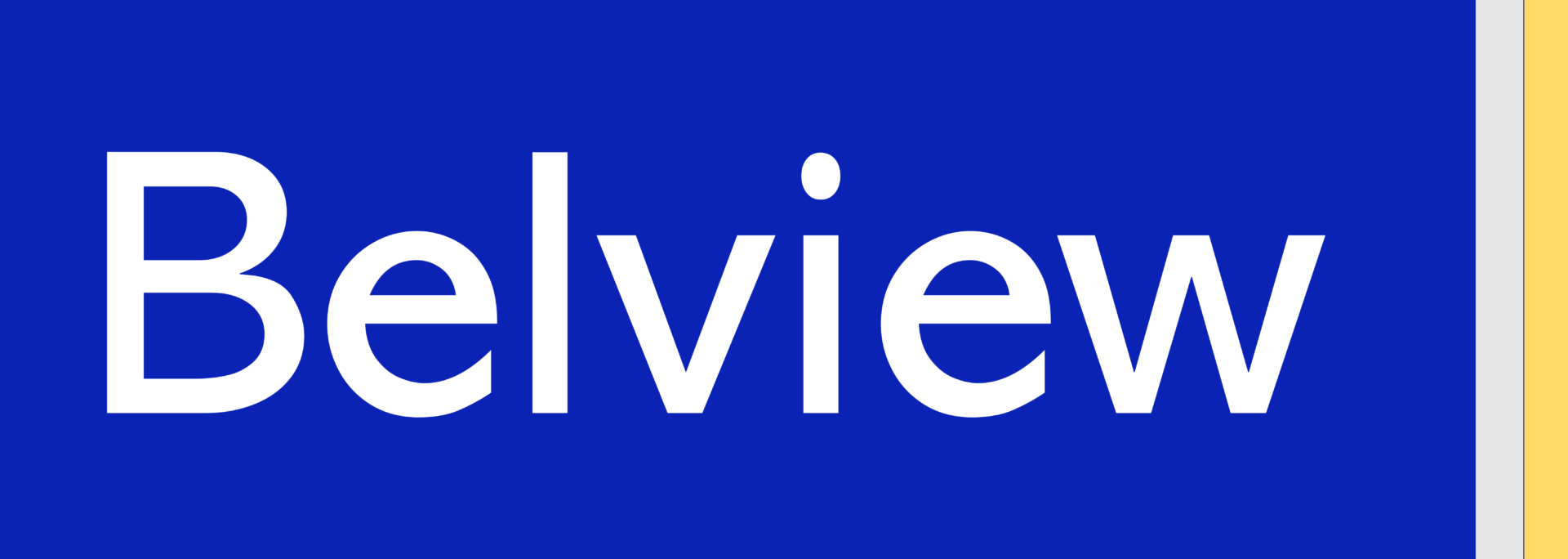Leasehold vs Freehold: What’s the Difference and Why Does It Matter?
When buying a property in the UK, one of the most important factors to consider is whether it’s leasehold or freehold. This distinction affects ownership rights, responsibilities, and long-term costs, making it crucial for buyers, investors, and landlords to understand.
At Belview, we specialise in guiding buyers, sellers, and landlords through complex property decisions. In this blog, we’ll break down the key differences between leasehold and freehold, their advantages and disadvantages, and what you should consider before making a purchase.
What is a Leasehold Property?
A leasehold property means that you own the property for a fixed period of time, but not the land it stands on. Instead, the land is owned by a freeholder (landlord), and you effectively lease the property from them.
Key Features of Leasehold Properties:
✔️ Ownership is for a fixed term (e.g. 99, 125, or 999 years).
✔️ You pay ground rent and potentially service charges to the freeholder.
✔️ The freeholder is responsible for the maintenance of communal areas (e.g. hallways, gardens, roofs).
✔️ When the lease expires, ownership reverts to the freeholder unless extended.
Common Leasehold Properties:
🏢 Flats and Apartments – Most are leasehold, as they share communal spaces.
🏡 Some Houses – Particularly in new-build developments, though this is changing.
Pros of Leasehold:
✅ Lower Upfront Costs – Leasehold properties are often cheaper than freehold equivalents.
✅ Shared Maintenance – The freeholder manages common areas and external repairs.
✅ Potential Lease Extensions – You can extend your lease, although this can be costly.
Cons of Leasehold:
❌ Ongoing Fees – Ground rent, service charges, and potential lease extension costs.
❌ Lease Expiry Issues – Properties with short leases (below 80 years) are harder to sell or remortgage.
❌ Restrictions – Lease agreements may limit alterations, pets, and subletting.
What is a Freehold Property?
A freehold property means that you own both the building and the land it stands on indefinitely. You are fully responsible for maintenance and there are no lease-related fees to pay.
Key Features of Freehold Properties:
✔️ You own the property outright with no time limit.
✔️ No ground rent or service charges to pay.
✔️ Full control over maintenance, renovations, and letting decisions.
Common Freehold Properties:
🏠 Most Houses – Detached, semi-detached, and terraced homes are usually freehold.
🏢 Some Commercial Buildings – Certain offices and retail properties are sold as freehold.
Pros of Freehold:
✅ No Lease Expiry – You own the property permanently.
✅ More Control – No restrictions from a freeholder.
✅ No Ground Rent or Service Charges – Fewer long-term costs.
Cons of Freehold:
❌ Higher Purchase Price – Freehold properties are generally more expensive than leasehold ones.
❌ Full Responsibility for Maintenance – You must cover all repair and upkeep costs.
Leasehold vs Freehold: Which is Right for You?
| Factor | Leasehold | Freehold |
|---|---|---|
| Ownership Duration | Fixed term (e.g. 99–999 years) | Permanent ownership |
| Land Ownership | Owned by freeholder | Owned by you |
| Ground Rent & Service Charges | Yes, payable to freeholder | No |
| Property Type | Flats, some houses | Most houses, some commercial properties |
| Maintenance Responsibility | Freeholder | Owner |
| Restrictions | Lease terms apply | No restrictions |
Recent Changes to Leasehold Laws
In recent years, leasehold ownership has faced significant scrutiny, particularly concerning:
🏠 Ground Rent Reforms – The Leasehold Reform (Ground Rent) Act 2022 banned ground rent on new residential leases.
📉 Lease Extensions – The government is working on making it easier and cheaper for leaseholders to extend their leases.
❌ New-Build Houses – Developers have been pressured to stop selling houses as leasehold unless necessary.
These reforms aim to make leasehold fairer, but it remains a complex area for property buyers.
How Belview Can Help You
At Belview, we offer expert guidance on buying, selling, and managing both leasehold and freehold properties. Whether you’re a first-time buyer, investor, or landlord, our team can help you navigate leasehold complexities, negotiate lease extensions, and maximise your property investments.
📞 Need advice on leasehold vs freehold properties?
Let’s discuss your options and find the best solution for you.
